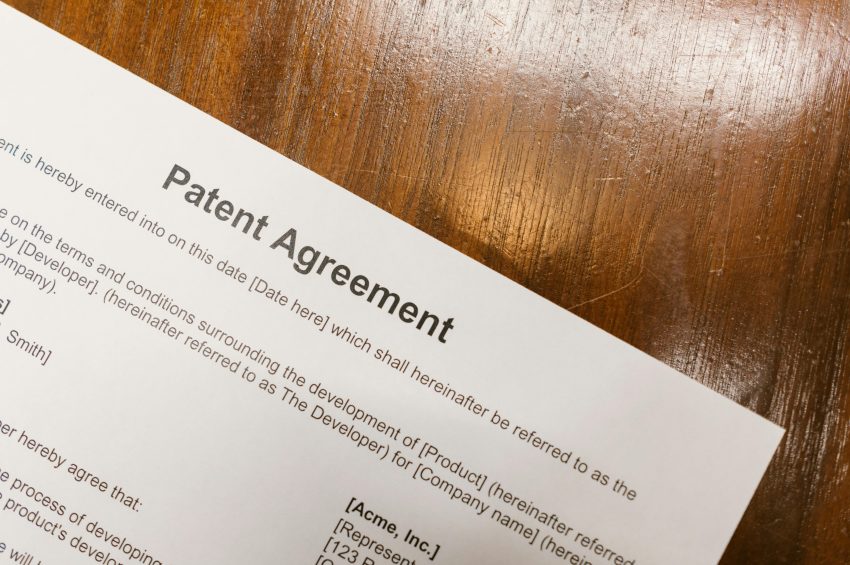
In the world of technology mergers and acquisitions (M&A), intellectual property (IP) plays a pivotal role in defining the value and appeal of a business. As tech companies increasingly rely on unique software, inventions, designs, and brand identities, their IP assets become critical factors that potential buyers scrutinize.
This blog post will explore how intellectual property rights can significantly impact the valuation of a tech company and provide strategies for enhancing IP value before a sale.
Understanding IP’s Role in Tech Company Valuations
Intellectual property represents the creative core and competitive edge of many tech companies. Patents, trademarks, copyrights, and trade secrets can offer substantial revenue streams through licensing deals, exclusive rights to produce certain products, or simply by holding a competitive advantage in the market. In an M&A context, if you have IP as a part of your portfolio, it can help attract buyers seeking to acquire not just physical assets but also the innovative potential and market exclusivity that IP rights confer.
1. Quantifying IP Value
To reflect IP in your company’s valuation, it’s essential to demonstrate not just ownership but also how these assets contribute to your business’s profitability and market position. This might include:
- Revenue directly attributed to patented products or technologies.
- Market share driven by brand recognition and trademarked assets.
- Cost savings resulting from proprietary, patented technologies or processes.
If you’re wondering how to value your business for sale and enhance your business valuation services, focusing on quantifiable metrics that showcase the economic benefits of your IP is a great place to start.
2. Enhancing IP Value Pre-Sale
- Conduct an IP Audit: Before entering the M&A process, conduct a thorough review of your IP assets. This audit should document the legal status, market relevance, and financial value of each asset. Ensuring that all IP is properly registered and protected is crucial, as gaps in IP protection can significantly detract from your company’s market value.
- Strengthen IP Protections: Enhance the protection of your intellectual assets. This may involve securing patents for recently developed technologies, registering copyrights on software codes, or renewing trademarks. Demonstrating that your IP rights are secure and defensible makes your company more attractive to buyers.
- Leverage IP Strategically: If possible, showcase strategic uses of your IP that could be expanded under new ownership. This might include potential markets for technology licensing, new applications for patented technologies, or cross-industry opportunities for branded products.
- Resolve Any IP Disputes: Any ongoing IP litigation or disputes should be resolved before the sale, as these can cause significant risks and valuation discounts during the M&A process.
Conclusion
For tech companies, intellectual property is not just a legal asset but a cornerstone of business value that can dictate the success of an M&A deal. Sellers must prepare by evaluating and enhancing their IP’s strength and aligning their IP strategy with overall business goals to attract the right buyers and command a premium price.
In the complex sales process of tech M&A, understanding and leveraging your IP can significantly enhance your negotiation position and ensure that you maximize the financial benefits of your sale. Remember, in tech M&A, your innovations are as critical as your income statement.
Ready to sell your company? Book a discovery call to get more insight from the M&A Experts.


